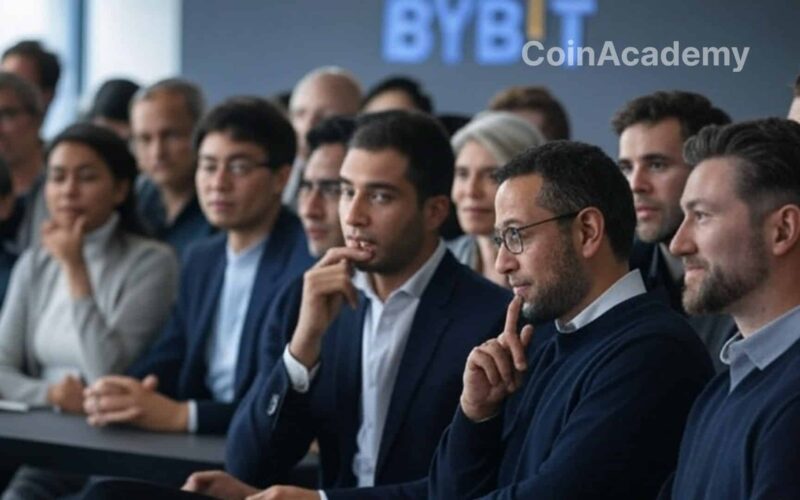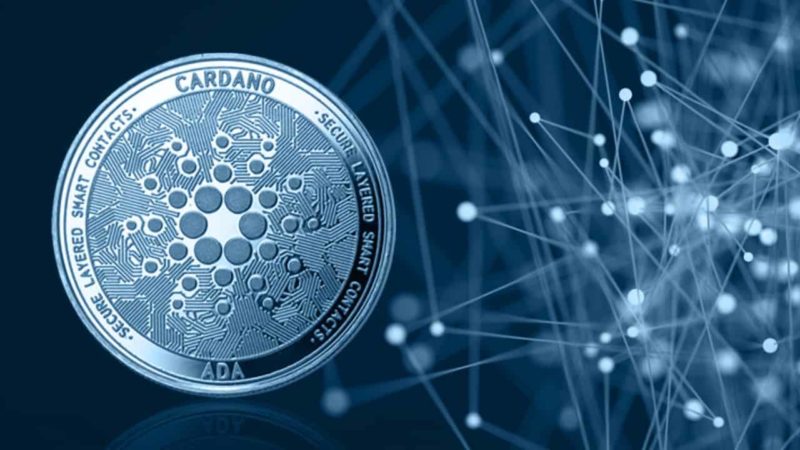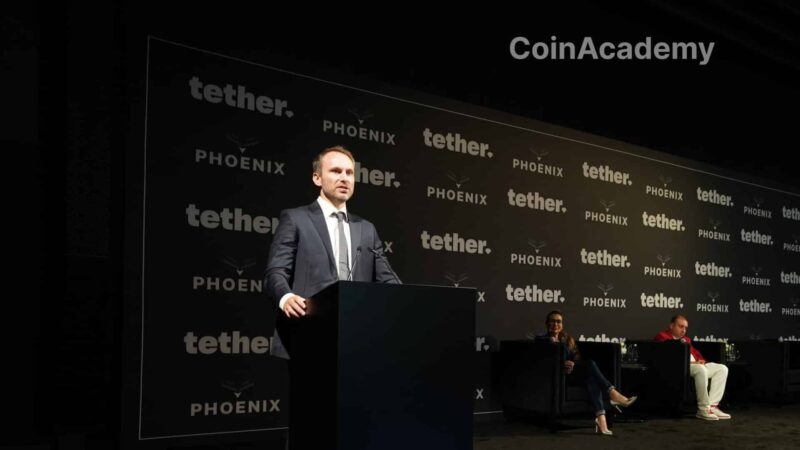Bybit Seeks Restitution of Fees Paid to Hackers
Bybit has officially requested that the ParaSwap DAO reimburse the fees generated by transactions made by the North Korean hacker group, Lazarus, using assets stolen from the platform. The request, posted on the ParaSwap governance forum on March 4th, is for 44.67 Wrapped Ether (wETH), which amounts to nearly $100,000.
The proposal was initially met with skepticism and prompted several DAO members to call for verification. On March 5th, Bybit confirmed its involvement and validated the restitution request.
A Heated Debate within the ParaSwap DAO
Bybit’s request has sparked a lively debate among DAO members, who are divided on the implications of a potential refund. Some believe that retaining these funds could damage ParaSwap’s reputation and attract unwanted regulatory attention. Others, however, argue that a refund would set a dangerous precedent for decentralized governance.
DeFi researcher and DAO delegate, Ignas, brought attention to this dilemma, stating that “profiting from a hack gives a bad image. Refunding the funds would show support for another industry player, but it could also open the door to similar future demands.”
Ignas also warned of potential repercussions on other protocols, notably ThorSwap, which the hackers used to convert stolen assets. Between February 27th and March 4th, ThorChain generated $5 million in fees on a volume of $5.4 billion, largely due to transactions related to the Bybit hack. If Bybit were to demand a similar refund from ThorChain, the recovered amount could be much larger.
Three Scenarios Considered by the DAO
In light of this situation, SEED Gov has proposed three approaches:
- Full restitution of funds to Bybit.
- Categorical rejection of the request.
- Negotiation of a partial refund, withholding 10% of the fees as a reward, in accordance with Bybit’s bug bounty program.
Many members have considered the last option as a compromise, allowing ParaSwap to avoid potential legal action while maintaining a certain balance in its governance.
A Decision that Could Shape the Future of DeFi
Some community members believe that a refund would tarnish ParaSwap’s image by undermining the fundamental principle of “code is law.” One user mentioned a precedent from 2013, where a similar request was rejected by the DAO, stating that there is “no reason to act differently this time.”
This debate highlights a significant challenge for decentralized finance: how far should a DAO go to rectify fraudulent operations without compromising its philosophy of autonomy and transaction immutability? ParaSwap’s response could have implications far beyond this case, influencing how DeFi protocols handle similar situations in the future.




